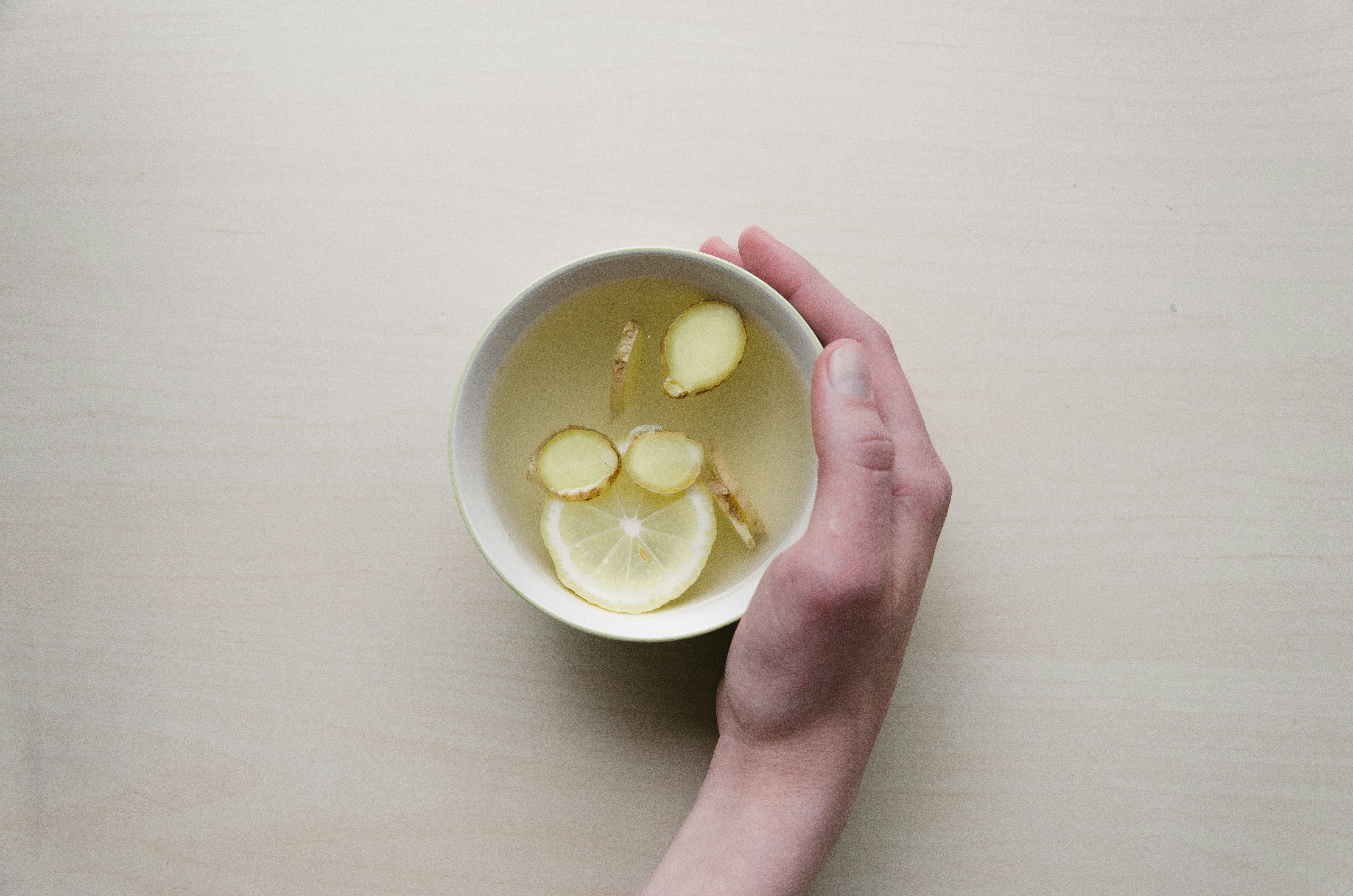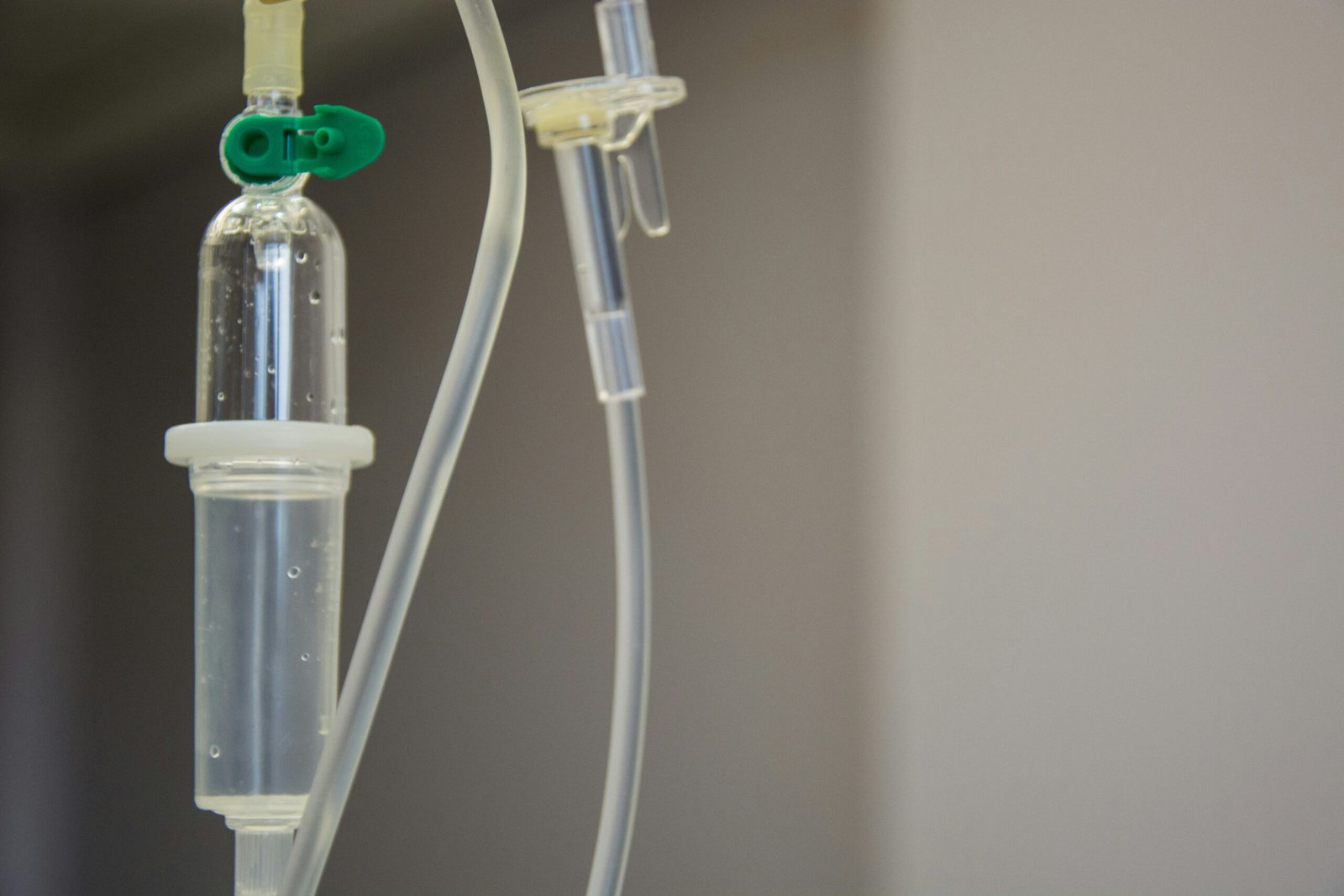Imagine if you could find peace and tranquility in the midst of your bustling everyday life. How would it feel to be fully present, aware, and engaged in each moment, rather than getting swept away by the constant stream of thoughts and distractions? In this article, you will discover simple yet powerful techniques that will teach you how to practice mindfulness in your everyday life. By incorporating these practices into your routine, you can cultivate a greater sense of calm, focus, and contentment, allowing you to truly savor the moments that make up your life. So, let’s embark on this journey together and unlock the transformative power of mindfulness.
Create a Daily Mindfulness Routine
Practicing mindfulness on a daily basis can greatly benefit your overall well-being and mental health. It helps reduce stress, increase self-awareness, and improve focus and productivity. To make mindfulness a regular part of your life, it’s important to establish a daily routine. By setting aside designated mindfulness time, finding a quiet and comfortable space, choosing a mindfulness practice that suits you, starting with a few minutes and gradually increasing the duration, and integrating mindfulness into daily activities, you can cultivate a consistent mindfulness practice.
Bring Awareness to Your Breath
Your breath is a powerful tool that can serve as an anchor to the present moment. By focusing on your breath, you can bring your attention away from distracting thoughts and into the present. Observe the natural rhythm of your breath, noticing the sensation of each inhalation and exhalation. Whenever you find your mind wandering, gently bring your attention back to your breath. Deep breathing exercises can also be helpful in promoting relaxation and calming the mind.

Engage Your Senses
Mindfulness involves fully experiencing each moment without judgment. Engaging your senses is a wonderful way to bring yourself into the present and appreciate the beauty and richness of everyday experiences. Pay attention to the details of your surroundings, noticing the colors, sounds, smells, tastes, and textures. Whether you’re enjoying a meal, taking a walk in nature, or simply sitting in a quiet room, using your senses can ground you in the present and help you become more aware of the world around you.
Practice Mindful Eating
Eating is an everyday activity that offers an opportunity to practice mindfulness. Instead of rushing through your meals, take the time to eat slowly and savor each bite. Pay attention to the flavors, textures, and aromas of the food. Chew thoroughly and notice the sensations in your mouth. By being present with your meal and avoiding distractions, you can fully enjoy the nourishment and pleasure of eating. Expressing gratitude for the food and the moment can further enhance your mindful eating practice.
Cultivate Gratitude
Gratitude is a powerful practice that can shift your perspective from scarcity to abundance. Take a moment each day to reflect on things you are grateful for. Appreciate the small joys and blessings in your life, whether it’s a beautiful sunrise, a supportive friend, or a delicious meal. You can write down or verbally express your gratitude, allowing yourself to fully experience the positive emotions associated with it. By cultivating gratitude towards yourself, others, and the world, you can enhance your overall sense of well-being.
Practice Mindful Listening
Listening is an essential skill that can greatly improve your communication and relationships. When engaging in a conversation, give your full attention to the person speaking. Avoid interrupting or thinking about your response while they are talking. Listen with empathy and an open mind, seeking to understand the other person’s perspective. By staying present and engaged in the conversation, you can deepen your connection with others and promote a sense of understanding and compassion.
Simplify Your Schedule
Modern life can often feel busy and overwhelming, leaving little room for relaxation and self-care. Simplifying your schedule is crucial in creating space for mindfulness. Identify and prioritize your essentials, eliminating or delegating non-essential tasks. By doing so, you create opportunities for rest, relaxation, and self-reflection. Avoid overcommitting and spreading yourself too thin. Embrace moments of stillness and solitude, allowing yourself to recharge and be fully present in the present moment.
Practice Mindful Movement
Engaging in mindful movement activities can further enhance your mindfulness practice. Activities such as yoga, tai chi, or mindful walking help promote body awareness and bring your focus into the present moment. Pay attention to the sensations, posture, and movements of your body as you engage in these activities. By staying present and connected to your body, you can release tension, cultivate mindfulness, and enhance your overall well-being.
Develop a Mindful Attitude
Approaching each moment with curiosity and non-judgment is a key aspect of mindfulness. Accepting things as they are without resistance can help you let go of unnecessary stress and tension. Let go of attachment to outcomes and expectations, allowing yourself to fully embrace the present moment. Cultivate patience and self-compassion, recognizing that mindfulness is a practice that takes time and effort. Embrace imperfections and appreciate the beauty in the present moment, knowing that every experience holds its own lessons and value.
Integrate Mindfulness into Daily Activities
Mindfulness is not just reserved for specific times or activities but can be integrated into every aspect of your life. While brushing your teeth or taking a shower, practice mindfulness by bringing your full attention to these mundane tasks. Be fully present, noticing the sensations, smells, and sounds. Similarly, bring mindfulness to your work or school by focusing on one task at a time, avoiding multitasking and distractions. Use reminders or cues throughout the day to bring you back to the present. Embrace mindfulness as a way of life, constantly seeking moments of presence, awareness, and gratitude.
Incorporating mindfulness into your daily routine can be a transformative practice that can positively impact your overall well-being. By creating a daily routine, bringing awareness to your breath, engaging your senses, practicing mindful eating, cultivating gratitude, practicing mindful listening, simplifying your schedule, engaging in mindful movement, developing a mindful attitude, and integrating mindfulness into daily activities, you can cultivate a greater sense of self-awareness, peace, and happiness in your life. Remember to approach your mindfulness practice with a friendly and non-judgmental attitude, allowing yourself to fully experience and embrace the present moment.



